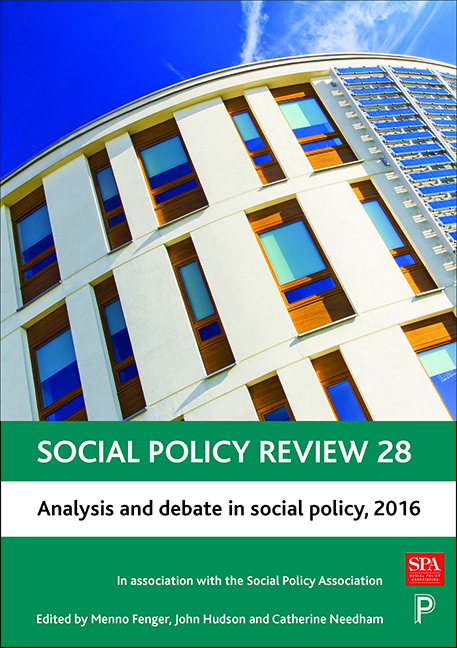Eleven - Personal health budgets: implementation and outcomes
Published online by Cambridge University Press: 05 April 2022
Summary
Introduction
The personalisation agenda in health and social care in England has focused on maximising choice and control over support and services. Since 2005, personal budgets have formed part of this agenda, with the aim of providing more choice and flexibility over how services are managed and delivered. The underlying assumption is that patients are in the best position to know what support would meet their desired social and health care outcomes. Over the past decade, the Department of Health in England has commissioned two national evaluations to run alongside pilot programmes of personal budgets in social and health care to explore the effectiveness and cost-effectiveness of the initiative for individuals, informal carers and the system. This chapter will initially provide a brief background to personal budgets in England. The main focus of this chapter will be to explore personal budgets in health care and the main findings from the national evaluation of the personal health budget pilot programme. This chapter will specifically focus on exploring the initial implementation process during the early stages of the pilot (Jones et al, 2010). We will then discuss whether the extent to which the implementation of personal health budgets was in accordance with the policy intentions underlying the initiative (as set by the Department of Health (2009)) and if it had an impact on outcomes and cost-effectiveness for patients with long-term health conditions (Forder et al, 2012).
Background
Personal budgets form one aspect of the personalisation agenda in England that aims to place individuals and their families at the heart of all decisions about their care. Within social care, the publication of the Care Act in 2014 represents a significant development for publicly-funded support in England, for the first time enshrining personal budgets into law. Individuals and informal carers now have a legal entitlement to a personal budget to help meet their eligible social care needs. There are three principles underlying personal budgets (Department of Health, 2009):
1. Individuals and informal carers should be informed of the level of the budget following an assessment.
2. Individuals and informal carers should be encouraged to develop a support/care plan that details how the resources will be used to meet identified outcomes.
- Type
- Chapter
- Information
- Social Policy Review 28Analysis and Debate in Social Policy, 2016, pp. 211 - 232Publisher: Bristol University PressPrint publication year: 2016

